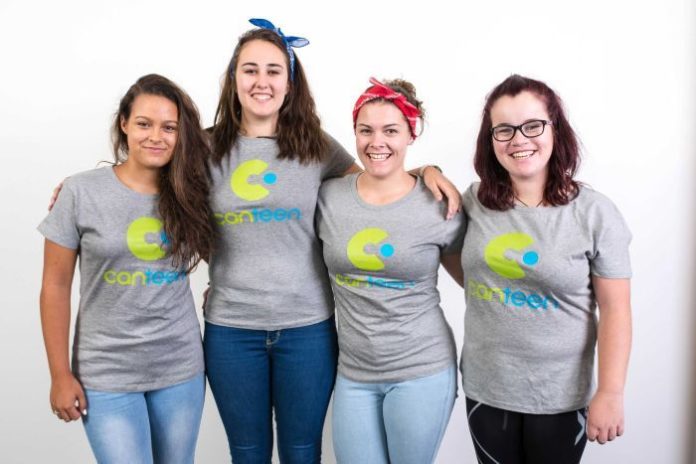
Young people who have a parent with cancer report feeling more distressed than those with the disease themselves, research shows, as youth charity CanTeen calls for more support for cancer’s “forgotten faces”.
Research conducted by the charity for their 30th anniversary also shows 12 to 24-year-olds with a diagnosed parent are five to six times more likely to be at risk of mental health issues.
University of Sydney’s Dr Pandora Patterson said there was little help in the health system for this particular group.
“[They] are often really left flailing in the system,” Dr Patterson said.
She said adolescence was a particularly challenging time to deal with cancer and that friends often struggled to understand.
“Part of adolescence is about creating your sense of self and you do that in relation to your peer group,” Dr Patterson said.
“And when your friends don’t get it, and they don’t get a massive thing you’re going through in life, it’s incredibly isolating.”
It’s scary to think you’re not going to have your dad to walk you down the aisle at your wedding and to meet your children.
Alix Bateup
Dr Patterson said many young people feel guilty about their feelings and do not want to add to the burden of the families with their own anxieties or fears.
But CanTeen’s national president Ali Duncan, 24, said it was time to open up the conversation.
“Cancer is no longer a taboo topic and it’s a part of so many people’s lives,” she said.
“For young people it’s a different journey, because there are so many changes.”
Ms Duncan lost her mother to lung cancer and a secondary brain tumour in 2006.
“If you have friends and family and supportive people alongside you to help you navigate through that, it’s just going help you be in a slightly more positive mindset facing whatever tough times cancer can bring,” she said.
Each year, 21,000 12 to 24-year-olds have a parent diagnosed with cancer.
CanTeen chief executive Peter Orchard said the charity’s support network had expanded in its 30-year history.
“We support not only young patients, we support siblings and … young people whose parents have cancer or have died from cancer,” he said.
The organisation also provides information for friends and family of those affected by cancer in any way.
“We are calling out to the Australian community to support those young people who up until now have been forgotten,” Mr Orchard said.
Daughter sought help after father’s death
Alix Bateup from Canberra turned to CanTeen’s online platform about six months after her father died from prostate cancer.
She had been part of the organisation since he was diagnosed in 2004, when Ms Bateup was 11-years-old.
“It’s scary to think you’re not going to have your dad to walk you down the aisle at your wedding and to meet your children, and to see me going to uni,” she said.
She said the most difficult period was about six months after her father’s death.
“One night I just felt like everything had gone wrong,” she said.
“There was nothing good in my life at that time and all I wanted to do was just talk to someone to just tell them how crap my life was and then tell me that it would be OK.
“I tried to contact a couple of friends and they … didn’t really understand and so that’s kind of when I was like, ‘Alright, I’m going to try this counselling thing, it could be good’,” she said.
Ms Bateup went online and spoke to one of CanTeen’s counsellors.
“It was nice to have someone respond the way that you want them to respond; it’s really good and helpful at the time,” she said.
She added that meeting people who had been through the same thing was so important to her.
“There were people who lost parents 12 months before I had and to look at them and be like ‘OK it’s going to be fine; it’s going to be all good’ … it’s amazing,” she said.
Program helps children ‘live in the present’
Dr Patterson said her research had brought to light many unmet needs for these young people, and a lack of programs to address their issues.
She has been developing Truce, a seven-week face-to-face program to help young people cope with having a parent or caregiver with cancer.
“There’s a lot of uncertainly around having a parent with cancer — whether they might live or die, what’s going to happen next, the treatment, the side effects,” she said.
“This program is all about assisting that young person to hold that uncertainly, to learn to live in the present … and actually take action to live a life in line with their values regardless of their [cancer experience].
“It’s helping them … not push difficult thoughts and feelings away, but learn to have a different relationship with those thoughts and feelings.”
Dr Patterson said the coping skills would help young people with other life challenges further down the track.
“Because there’s no guarantees in life,” she said.
